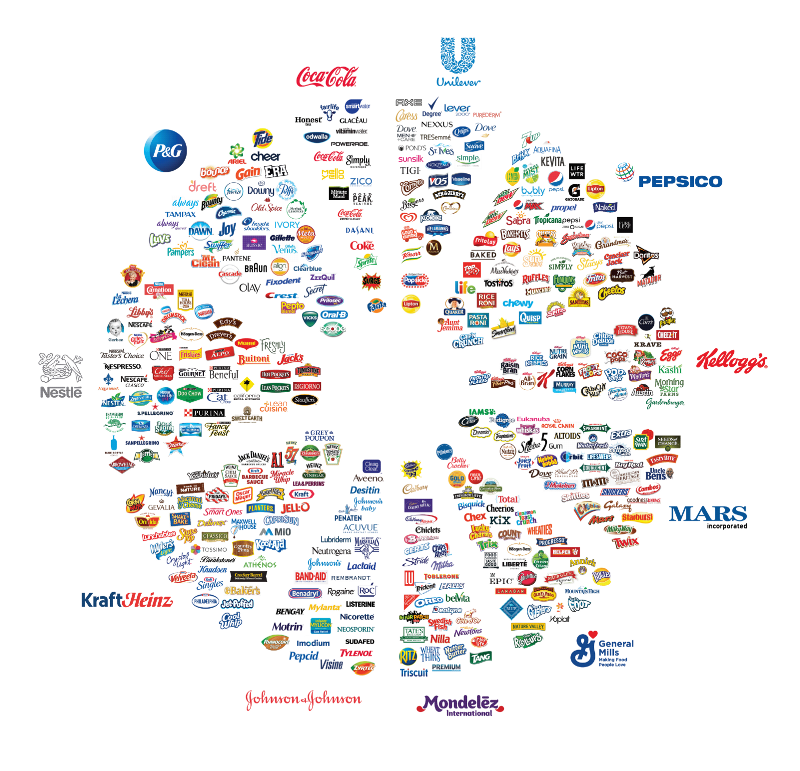
Don’t believe it? Read the labels. Check Morton’s Salt. Yup! Dextrose.

For me, if a food item has more than 5 ingredients, I don't buy
Total Shiite foods. Require a very loud Barf Aleert.
Sad that people feed this krep to their kids.

Don’t believe it? Read the labels. Check Morton’s Salt. Yup! Dextrose.

I’m diabetic so meh,doesn’t really affect me either way.
CC
Unfrosted, the cereal movie starring Jerry Seinfeld, about toaster pastries.
Anyone else get sucked into watching this colossal stinker?
Cockroaches, GrapeNuts and Pop tarts, all will survive a nuclear war.
Remember the SNL skit about “Rocks” (GrapeNuts. You’ve got to let them soak in milk overnight.)
Only safe for Conrad Poohs to chew. https://www.google.com/url?sa=t&source=web&rct=j&opi=89978449&url=https://www.youtube.com/watch%3Fv%3D2lTMiQsMH1g&ved=2ahUKEwjA9ajO9tmOAxVdrokEHYFXBScQwqsBegQIDBAE&usg=AOvVaw2JicrZQmhssdW-TCrYJIhv
Free market capitalism works most efficiently when barriers to entry are few and the number of competitors are many. When an industry is highly competitive, with many competing for customers, prices are low and innovation is high as companies bring new products to market in order to gain a competitive edge. The customer is king in competitive markets.
When markets consolidate into a few big players, competition and innovation decline. Large companies buy earnings growth by acquiring competitors, not innovating. They also use financial engineering such as cutting costs by cutting quality, outsource production to low labor cost countries, drive earnings per share by investing free cash in stock buybacks instead of new products. In addition large companies in highly concentrated industries use their financial power to influence politicians and bureaucrats to pass favorable laws and create favorable regulations which increase the cost of entry for potential new competitors.
Anti trust laws were passed at the dawn of the 20th century to break up the corporate trusts that dominated nearly every industry and stifled competition. Since the 1980’s antitrust policy has been lax, allowing large corporations to grow into industry dominant mega corporations such as Pfizer in pharmaceuticals, Verizon and ATT in communications, Boeing in commercial aircraft, Walmart and Amazon in retailing, Google in internet search, etc. . In 2025 we have fewer competitors in nearly every industry than in 1980.
Should we return to an era where big corporations are broken up and government imposed barriers to formation of new companies are removed? Who benefits more from the Kellogg acquisition, the American consumer or a large foreign corporation?
I’ve been calling that crap “breakfast candy” for some time. Seems I was right all along.
I think it is only the North American rights to the cereal brands and not the international rights.
https://en.wikipedia.org/wiki/Kellogg%27s
Not sure why buy the North American rights. They should seek to buy the international rights from Mars.
Nut Loops? You’re supposed to eat those?